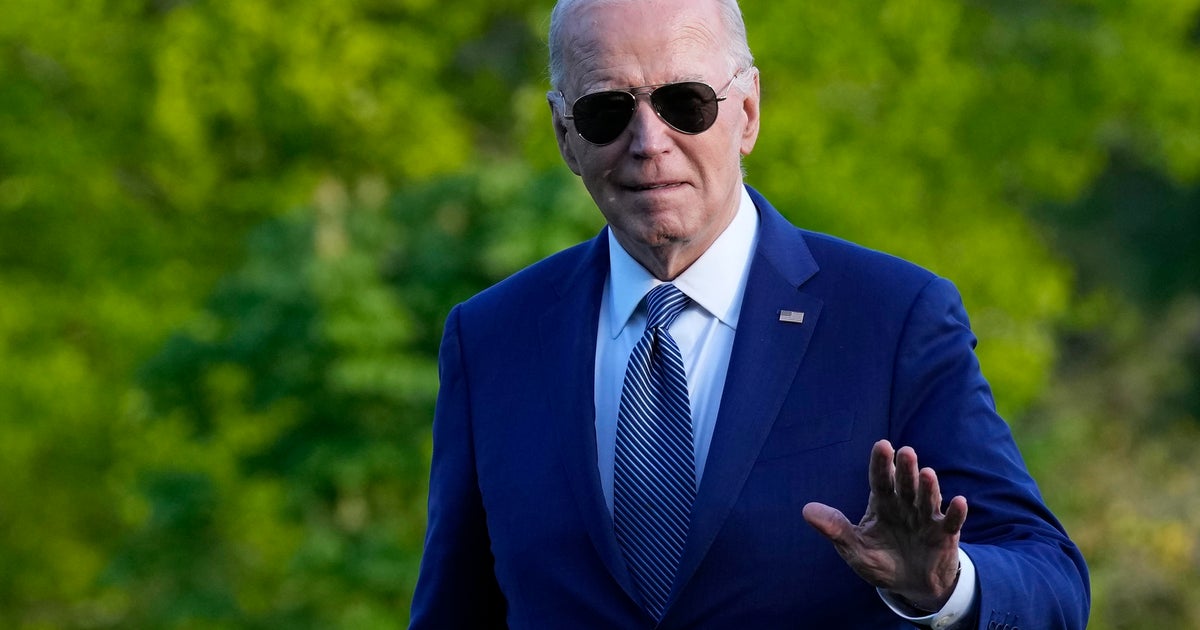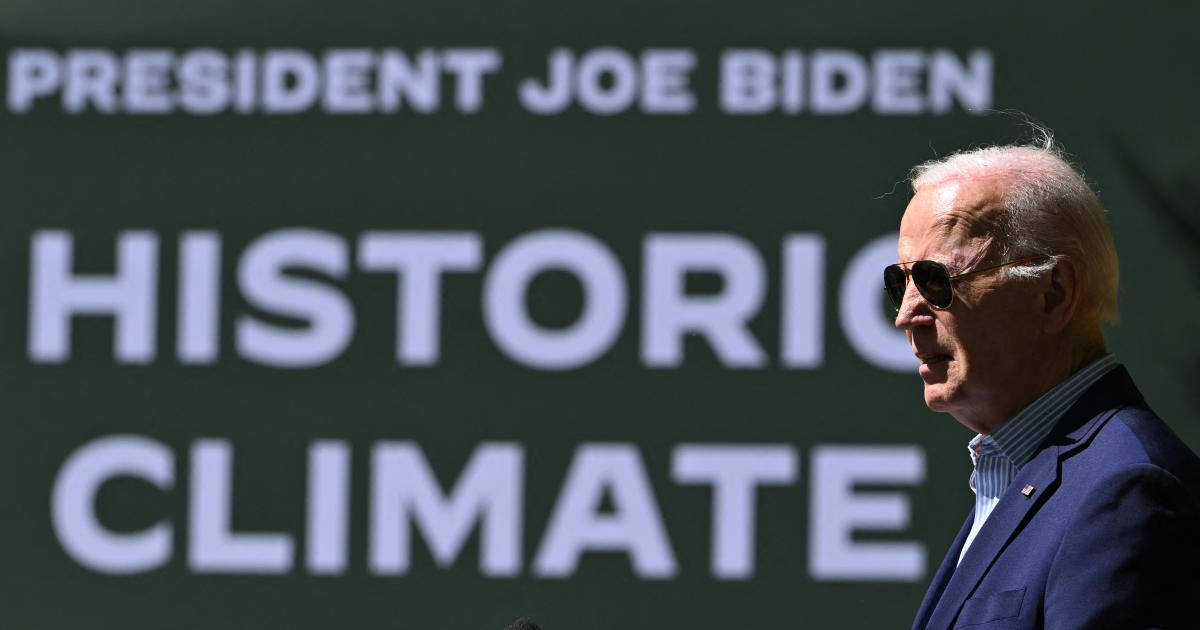The pivotal post-Election Day dates you need to know
Washington — With the 2020 general election just days away and more than 58.6 million people having already cast their ballots, the presidential race is entering its final stretch. But after the lights to polling places are turned off, campaign ads go off the airwaves and "I voted" stickers are tossed in the trash, there are a series of deadlines enshrined in federal statutes and the Constitution that dictate what happens between Election Day and when the next president and vice president are sworn in.
With President Trump questioning the integrity of the election with the expansion of mail-in voting and state and federal officials urging the American people to exercise patience with the reporting of election results, the process that occurs after the polls close is getting renewed attention.
Here are the election-related deadlines still to come weeks after the American people have cast their ballots.
December 8
On November 3, millions of voters from coast-to-coast will cast their votes for president and vice president, as well as down-ballot candidates. But federal and state elections officials are warning it's unlikely the winner of the presidential contest will be determined the night of the election, as many states have made it easier to vote by mail because of the coronavirus pandemic and others have changed their voting procedures to give voters extra time to return their absentee ballots.
States will have about five weeks to sort out the results. Under the Constitution, the president and vice president are technically selected by the Electoral College, whose members are apportioned among the states based on population. How those electors are selected is left to the states, but all but two employ a winner-take-all system, requiring all their electors to cast ballots for the candidate who won the state's popular vote. (Maine and Nebraska award electors based on the results in individual congressional districts.)
Federal law says states have until six days before members of the Electoral College gather in person to certify election results and determine their electors, a date known as the "safe harbor" deadline. Senator Marco Rubio, a Republican from Florida, introduced legislation to push back this deadline back from December 8 to January 1, giving states more time to ensure all legal votes are counted, but the measure is highly unlikely to be taken up before Election Day.
December 14
The Electoral College meets on the Monday after the second Tuesday of December, which falls on the 14th this year. Delegations of electors meet in their respective states — typically at the state capital — and the District of Columbia to cast their votes by paper ballot for president and vice president separately.
December 23
Certificates of the electoral vote results must be delivered by the fourth Wednesday in December to the following state and federal officials: the president of the Senate, who is Vice President Mike Pence; the secretary of state of the state where the electors met; the archivist of the United States; and the federal district court judge of the district where the electors met.
January 3
Members of the 117th Congress are sworn in.
January 6
The House and Senate meet at 1 p.m. in a joint session of Congress to count the electoral votes and declare the results. The vice president, as the president of the Senate, oversees the proceedings and opens the electoral vote certificates from each state in alphabetical order. The certificates are then presented to four "tellers" or vote counters, two from each chamber of Congress.
Once all votes have been counted, the results are announced by the vice president. If one of the tickets receives at least 270 electoral votes, they are declared the winner, and the results "shall be deemed a sufficient declaration of the persons, if any, elected president and vice president."
But if none of the candidates reach 270 electoral votes, the 12th Amendment gives the House the authority to decide the outcome of the presidential election, with each state casting a single vote determined by their delegation. The presidential candidate who receives the support of 26 of the state delegations wins the White House. Under the procedures laid out by the 12th Amendment, the Senate picks the vice president.
January 20
The president and vice president are inaugurated. The vice president takes the oath of office first, and the president is sworn in at noon.



